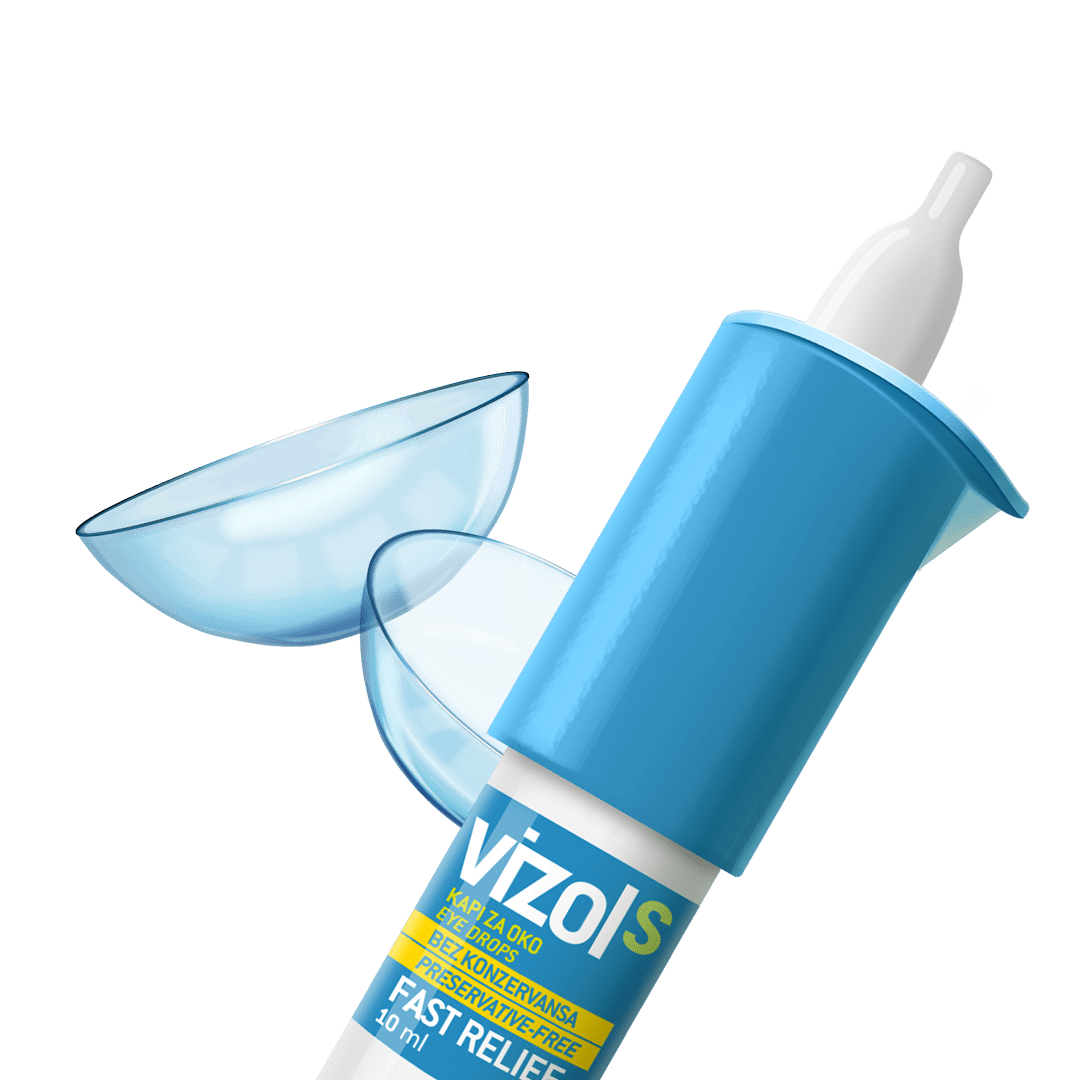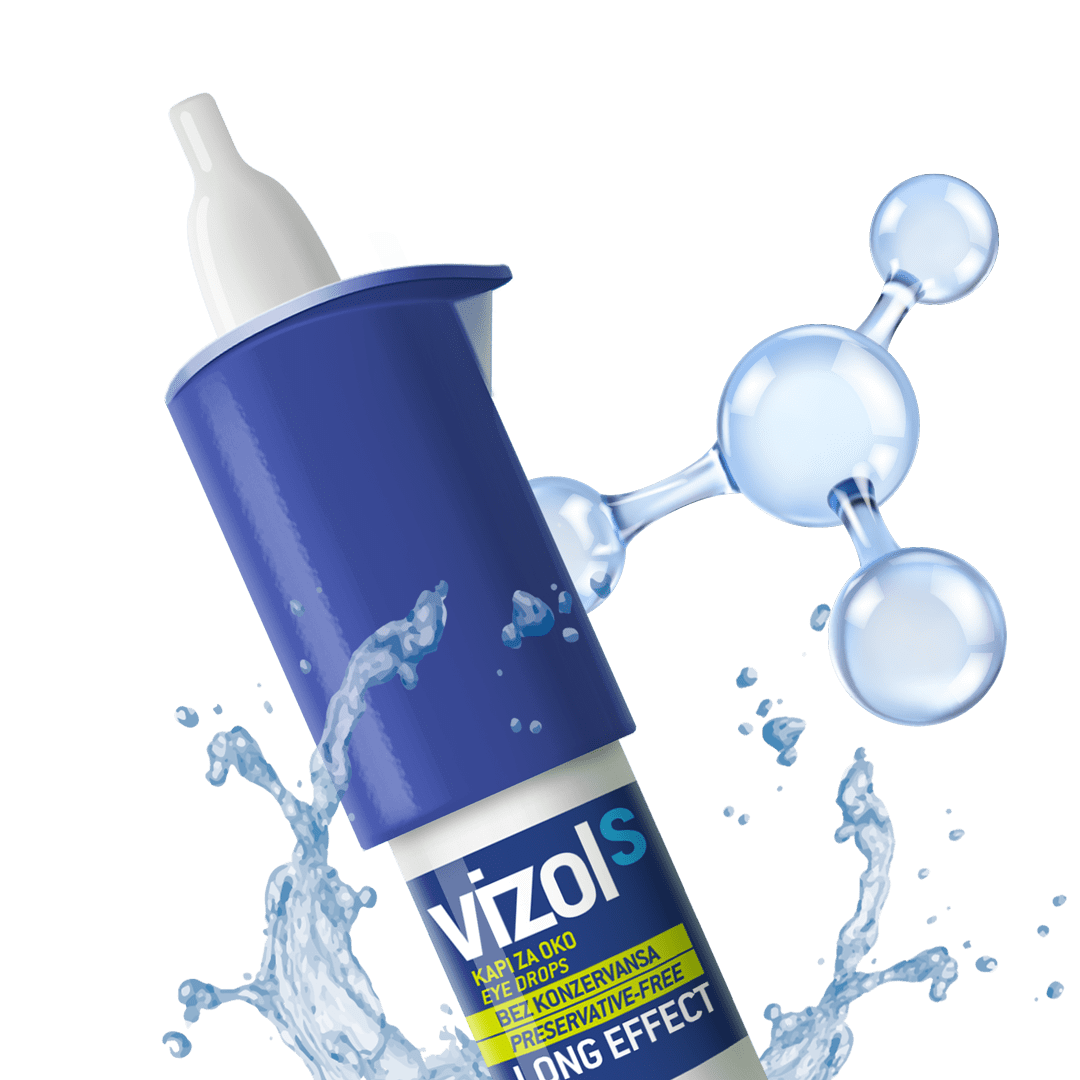How to take care of eye health in winter
In winter, our eyes are exposed to several aggressive factors at once: low temperatures and cold wind, reflected ultraviolet radiation, dry air in the room. Here is how to take care of eye health during the cold season.

Low temperatures and wind
Due to such weather conditions, many people are faced with the problem of watery eyes. This can be both a natural reaction, an individual norm, when the body reacts to sudden changes in air temperature with increased tear production, and a sign of cold conjunctivitis.
Cold conjunctivitis is accompanied, in addition to lacrimation, itching and redness of the eyes. Its causes are low air temperature and cold wind, often with snow and pieces of ice. Upon returning to a warm room, these symptoms quickly disappear. To diagnose and exclude other diseases, as well as prescribe treatment in this case, the doctor should. Also, people with cold conjunctivitis should remember a few rules that must be followed in the cold season:
- it is better to refuse to wear contact lenses on the street
- women are advised to limit the use of cosmetics
- in windy weather, be sure to wear sunglasses.
Reflected UV radiation
Ultraviolet light enters the retina not only because of direct exposure to sunlight, but also in the form of rays reflected from different surfaces. The intensity of ultraviolet radiation emitted by the sun decreases in winter, but the reflection from snow can significantly increase it.
In winter, special attention should be paid to protecting the eyes from the harmful effects of ultraviolet radiation, especially if you have to spend a lot of time outdoors (for example, when skiing, mountaineering, when cleaning snow, etc.). With prolonged exposure to reflected UV rays, the so-called "snow blindness" can develop - a burn of the conjunctiva and cornea.
You can protect your eyes with special sunglasses that absorb almost all ultraviolet rays. Such glasses should have large lenses and side shields.
Dry air in the room
With the onset of cold weather, the heating season begins. Due to the operation of central heating, the air inside the premises becomes too dry. Insufficient humidity can be one of the reasons for the development of dry eye disease - a condition that is associated with a violation of the renewal of the tear film on the surface of the eye: the cornea dries up due to a decrease in the volume of tear fluid or its rapid evaporation. Dryness of eyes is accompanied by redness, burning, a feeling of dryness and "sand" in the eyes.
To eliminate unpleasant symptoms and moisturize the eyes, you can use eye drops that are close in composition to a natural human tear. They create a protective film on the surface of the eye, which contributes to its long-term hydration.


